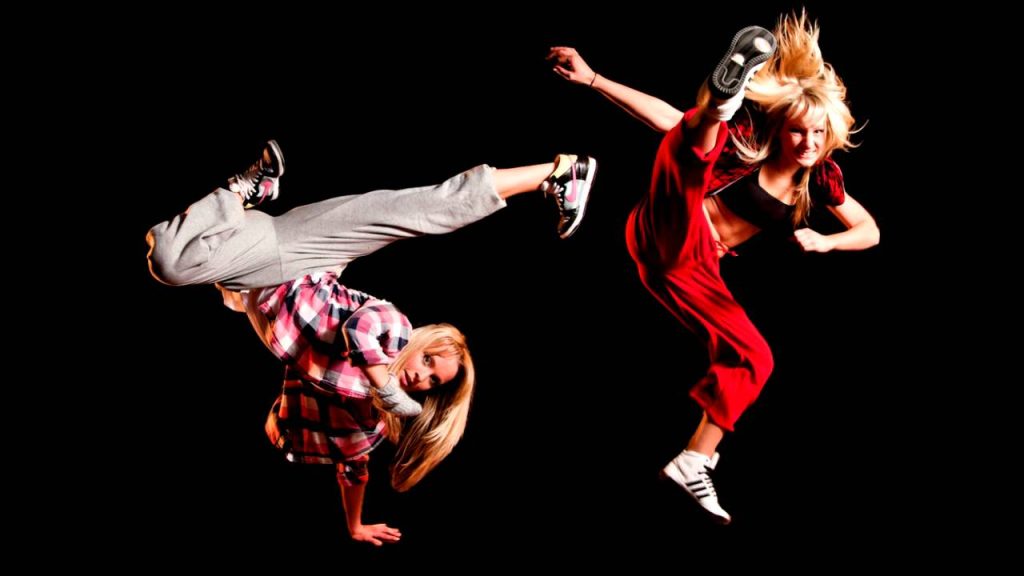
Here are some short stories about yoga:
My yoga story is deeply rooted in the physical body (it may even be that it just is the/my physical body). I don’t even really know how to translate it into words. It’s not my idea of a cake walk to bother with the translation, either. But then I’d never be able to share this experience with anyone new. I wouldn’t be a teacher. I wouldn’t be a student. I suppose then I would just be, which some say is the goal, but that wouldn’t get me very far -it would be socially isolating, if cosmically connected. Oooh! I have a little story about that.
I am a dancer. I’ve known few moments in life when I was as connected and whole as when I was dancing, alone in the studio, without an agenda. And that experience, well, I’ve never felt compelled to share with others because it hasn’t wanted to be shared. That is, it isn’t important to me that anyone knows for themselves what the experience is like for me. Now, I’ve also spent much of my teen and adult life in the community of dance, doing work, performing, attending shows, joining the dialogue, and keeping it a part of my identity, education, and contribution to society. This has always been a challenge of sorts –it requires discipline, commitment, perseverance, and passion– but my experiences of something I never had words for remind me that it’s important and worth it.
The yogis, created words for that experience (at its most essential) and a system of tools to bring anyone into it. This is why so many of us can find a resonance with ourselves in the practice of yoga. (And the more I look around, the more I see similar avenues abound in human experience. Which is to say that, happily, yoga isn’t the purview of just yogis.) It also means that the philosophies of yoga are just stories that bring the singular experience of self into dialogue with daily living.
This is important for me to remember because I haven’t yet found much of a connection with the classic yoga texts I’ve read (yoga sutras, hatha yoga pradipika), I think because of the prevalence of hierarchical language and talk of spirituality. I haven’t yet figured out what spirituality is supposed to mean, the word certainly doesn’t mean anything to me, and it doesn’t describe my experience of yoga. Perhaps the translation from Sanskrit, the language developed to describe yoga and its philosophies, is at fault. But sometimes I suspect it might have to do with the translation of experience into words of any language (there is always something lost in translation, which is why no one needs to know what Bill Murray whispers in Scarlett Johansson’s ear). I inclined to leave the texts be, not bother with defining spirituality, and find my philosophy elsewhere. Then I remember that those texts, imperfect as they might be, encourage the widespread practice of yoga, which I think is awesome, spiritual or not. And I remember that the teaching (and learning how to practice) of yoga is found in attempting to translate from experience to something we can use and share in our everyday lives, like language. It’s not easy. It requires discipline, commitment, perseverance, and passion. And it’s worth it.
